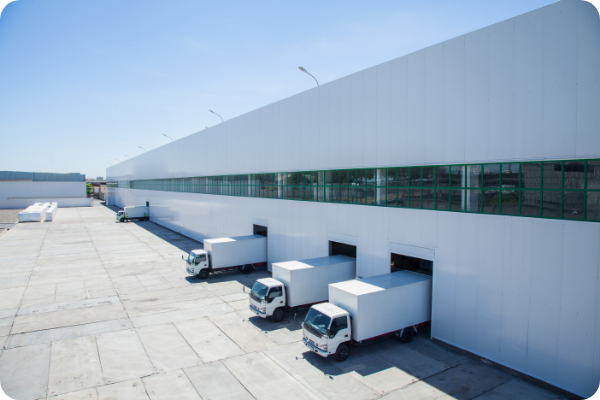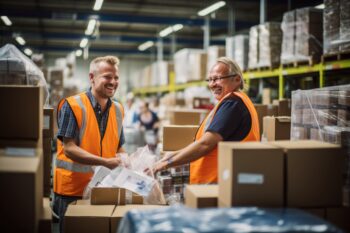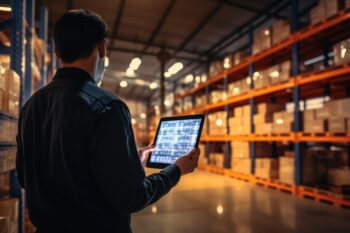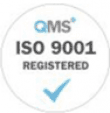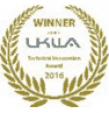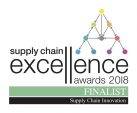Of the 9.1 billion tons of plastic waste accumulated in the world, just 9% has been recycled and 12% has been incinerated. Packaging makes up more than 40% of the world’s total plastic usage, yet less than 14% of plastic packaging is recycled globally.
Much waste is biodegradable; however, popular plastic is a synthetic material, which usually cannot decompose. Remaining in landfills, and leaking harmful toxins into the soil, renders plastic litter harmful to animals and the environment alike.
From poisonous toxins to excess waste, to chemicals being passed up the food chain when predators eat animals that have been contaminated; consumers are now actively wanting to become more knowledgeable about the true impact of plastic-waste within the environment.
While education partially alleviates the problem, without the infrastructure to support attitude change, these intentions to alter behaviour cannot be achieved.
With cotton buds and straws to be banned by the Government in the UK from April 2020, and a record amount of plastic now being regularly recycled; manufacturers are under increasing pressure to stop using plastic altogether.
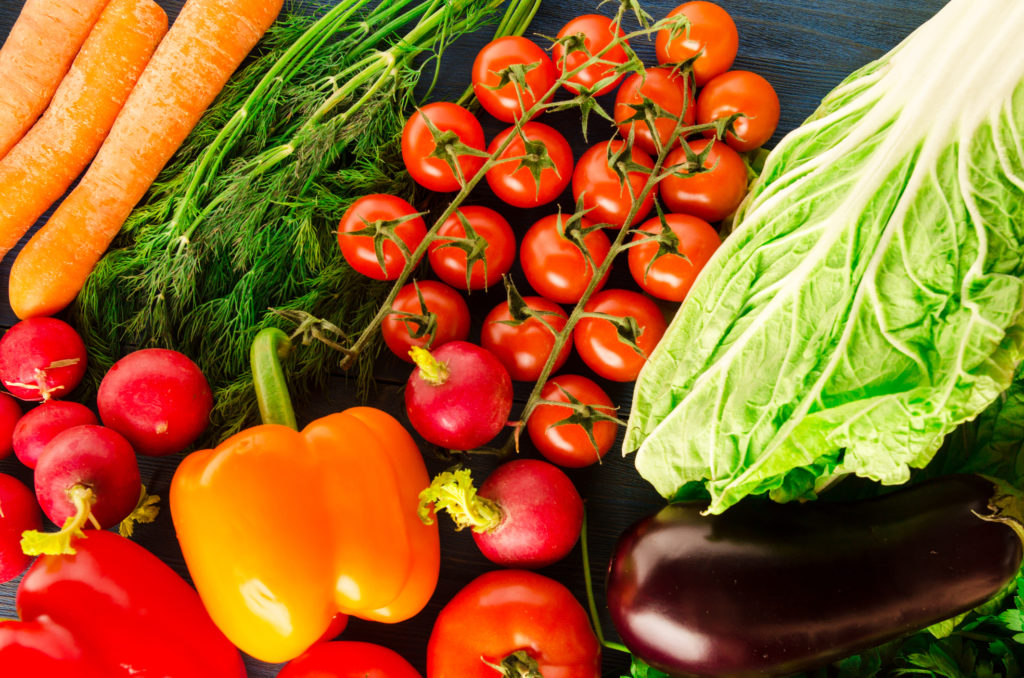
Most recently, certain retailers have been spotted joining forces, and seemingly forming a movement which promotes the banning of plastic to package fresh produce.
One such shop is luxury grocery retailer Waitrose, which recently hit the news headlines, for trialling a plastic-free packing station for popular grocery items. Referred to as ‘Waitrose Unpacked’ this sustainable, and environmentally friendly packaging-free trial in Oxford enables consumers to dispense exactly what they need into reusable containers. Refill station products available for dispensing include wine, beer, rice and cleaning products; in addition to an innovative pick and mix offering of frozen fruit.
Also fighting the war against plastic pollution, Morrisons is offering a similar service, trialling plastic-free fruit and vegetable areas in many of its stores, where-in more than 100 varieties of fruit and veg are available to buy loose in 60 Morrisons stores. Similarly allowing consumers the freedom to buy exactly what they will eat, instead of being forced to buy plastic-wrapped multi-packs; the campaign aims to reduce plastic waste, by offering loose fruit and veg to encourage the use of re-usable, and more sustainable packaging.
Both stores so far have proven that it is switching to plastic-free alternatives; alongside making recycling easier and more accessible; which provides the mindful consumer with environmentally friendly options for creating a more sustainable and environmentally conscious future.
Many more large retailers and manufacturers are also increasing their sustainability efforts by decreasing plastic use for packaging or ensuring the plastic is at least recyclable and recycled.
76 companies signed up to Wrap’s Plastic Pact, launched back in early 2018. The aim by 2025 is to implement a more circular system where plastic is kept in the economy and out of the natural environment; to ultimately make 100% of plastic packaging recyclable, reusable or compostable, and for 70% of plastic packaging in use to be recycled or composted.
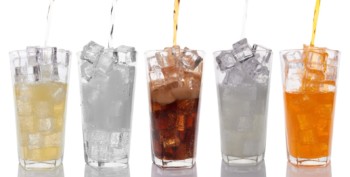
As well as retailers, large brands are also establishing themselves as advocates within eco-friendly consumerism.
Coca-Cola is aiming to make its packaging 100% recyclable globally by 2025. Lego plans to make all of its products and packaging from sustainable materials by 2030, while Johnson & Johnson plans to make 90% of its packaging recyclable in the U.S., U.K., Germany, Canada and France by 2020; And recently, Lush launched the UK’s first plastic packaging-free cosmetics shop, featuring various innovative and plastic packaging-free alternatives for cosmetics, from solid shampoo bars to bath bombs, to challenge to use of excessive packaging and inspire shoppers to change their habits.
It is this combination of consumer attitudes, policy and retailers that could potentially be the difference between this type of initiative thriving versus just surviving.
The plight of pollution was historically exacerbated by consumers’ lacking awareness of where and how to recycle, and a weak collection and processing infrastructure. While we have come a long way; there is still a lot of work left to be done, at every step of the supply chain.

